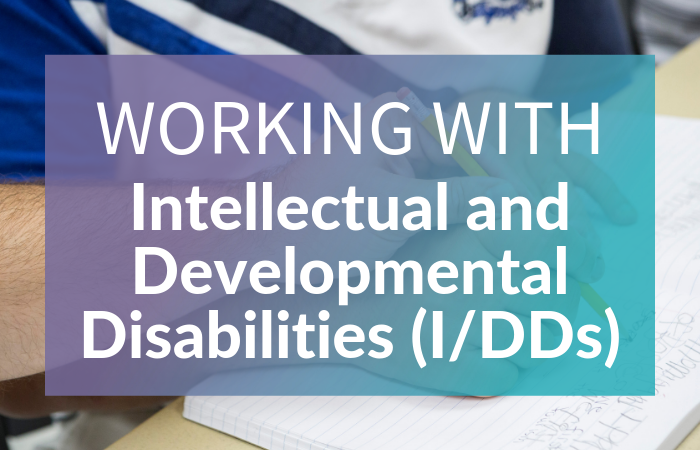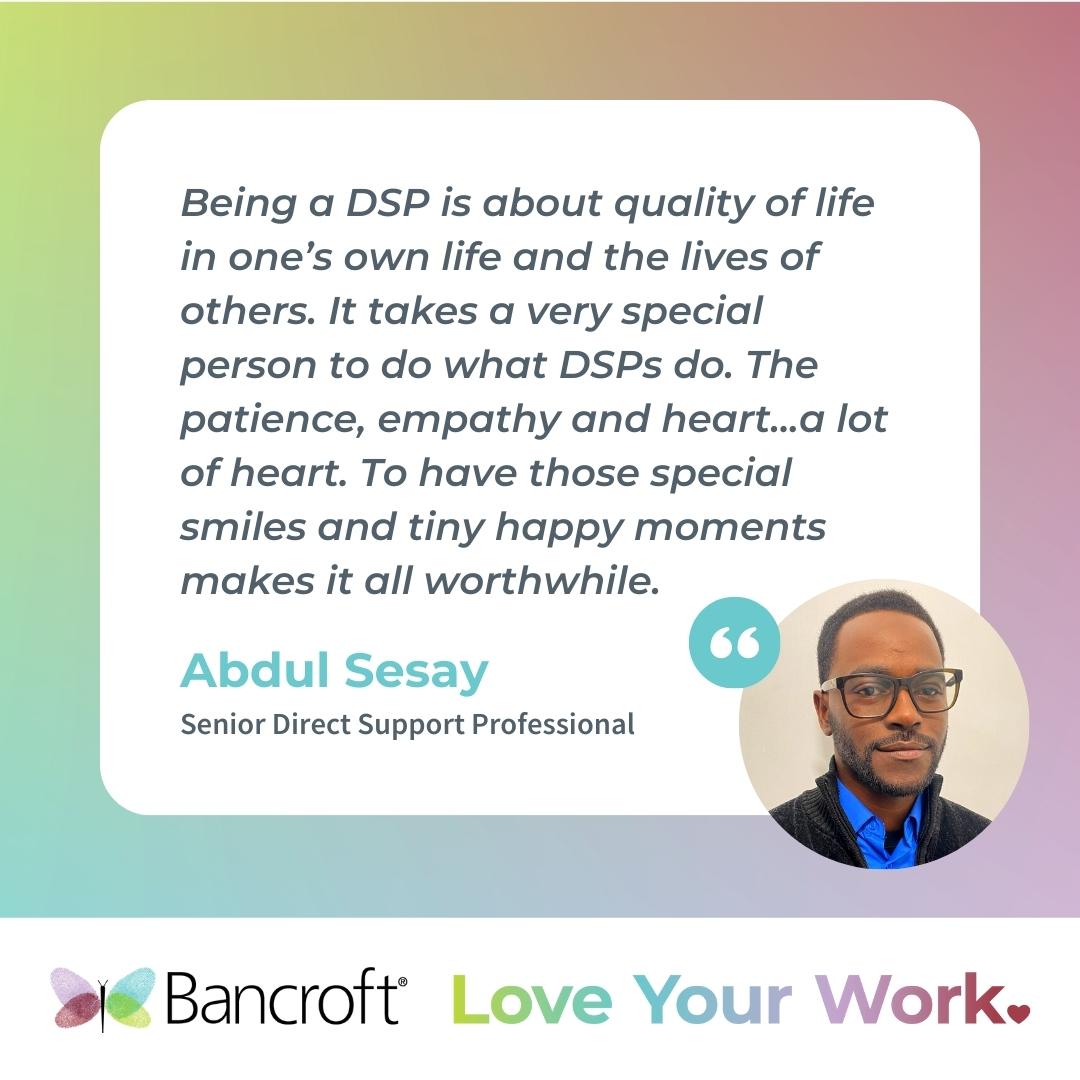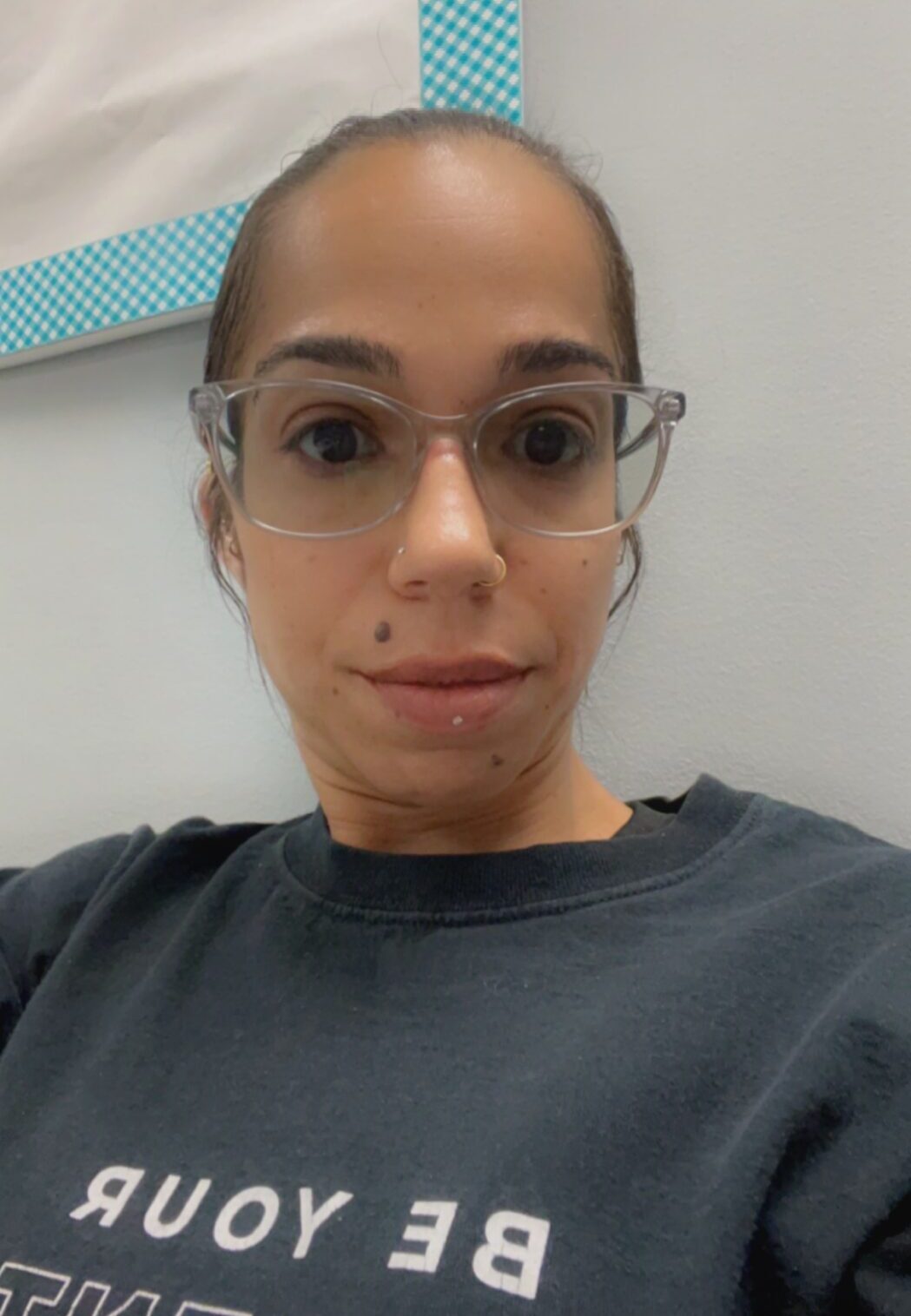Generally, intellectual and developmental disabilities (I/DDs) include cognitive, physical, or a combination of impairments diagnosed before age 18. I/DD conditions can negatively impact many facets of development, including:
- Intellectual development, disrupting the ability to learn, reason, and solve problems;
- Emotional development, affecting behavior, language, and everyday social skills;
- Mobility, impacting a person’s ability to move freely, practice self-care, be self-sufficient, or live independently.
I/DDs can affect many systems of the body, including the nervous system, sensory system, and metabolism. They may also be degenerative. This means a person may develop normally for a time, but begin to lose skills and abilities as time goes by.
When I/DDs affect the nervous system, which includes the brain and spinal cord, they can impact learning and memory, speech, and movement. Some examples of I/DDs that affect the nervous system include Cerebral palsy, Down syndrome, and Fragile X syndrome.
When the sensory system is impacted, a person may have difficulty processing information by sight, hearing, touch, taste, or smell. They may have vision and hearing loss, or have difficulty being touched or held. Autism Spectrum Disorders, for example, often affect the sensory system.
I/DDs that impact metabolism can disrupt how the body digests food, which can result in issues with growth, energy, and body/brain functions. Phenylketonuria and congenital hypothyroidism are two metabolic disorders that can result in an I/DD diagnosis.
The types of conditions considered I/DD by federal entities, such as the Social Security Administration, can be different from how states or local school boards define I/DD. What is defined as I/DD can also vary by healthcare provider. This can make coordinating long-term support difficult, but a combination of individualized, interdisciplinary services is critical for people with I/DDs.
An I/DD diagnosis is lifelong. However, people with I/DDs are normal in many ways! They can drive, learn, work, and date – on their own timelines. When no two days are the same, it’s crucial for folks with I/DDs to have supportive caretakers who respect and appreciate them. For many, the relationship can become like family.






